My Best Friend Died, Then Social Media Strangers Turned Him Into Content
The nurse asked me if I wanted to see Daniel’s body, and my phone vibrated before I could answer. Someone had posted a tribute from a hospital lobby selfie. I stood in the corridor and felt something inside me go silent.

Source: Getty Images
A doctor stepped closer. “You can see him when you feel ready,” he said. “I need a moment,” I replied, and he nodded before walking away.
I scrolled through my phone again. “He once told me I was the love of his life,” one post read. I whispered, “No, he didn’t,” and my voice sounded small.
Eva, his younger sister, walked out of the family room and leaned against the wall. “They keep writing things that are not true,” she said in a tense voice. “I know,” I replied. “They ignored him when it mattered.” She swallowed hard and stared at the floor.
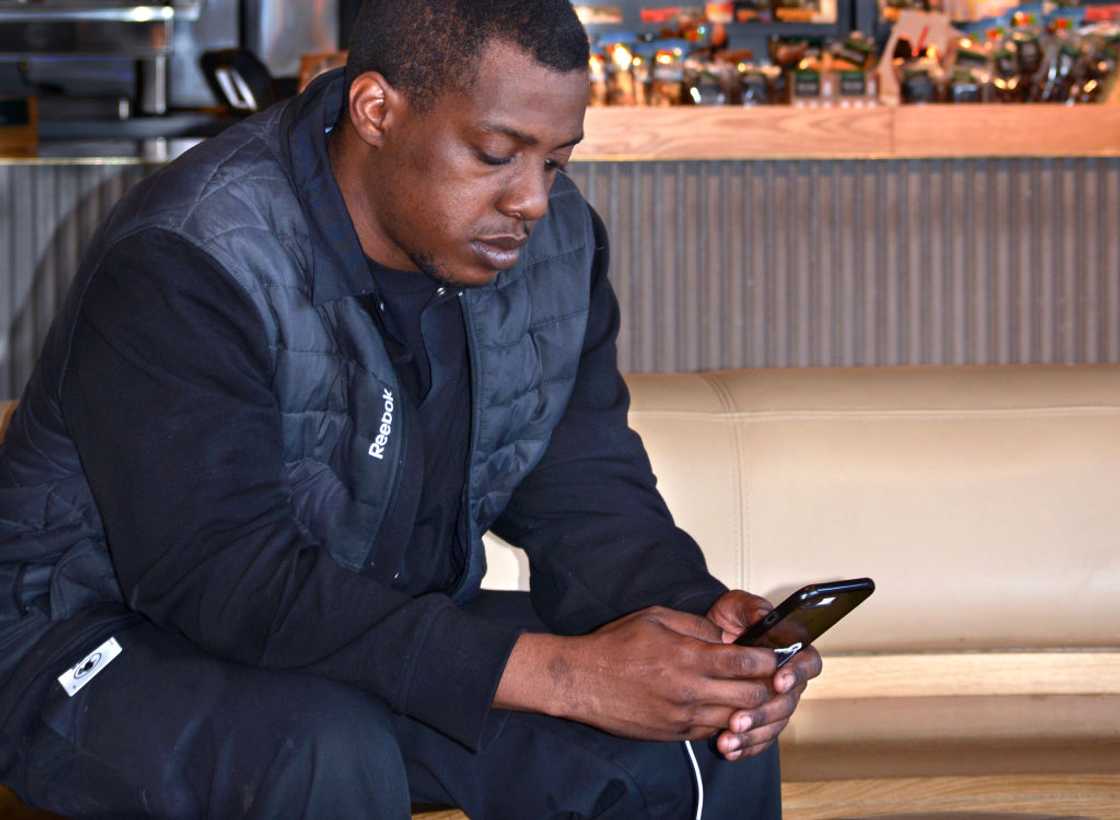
Source: Getty Images
Another post claimed Daniel had confessed deep emotional wounds to a girl who never spoke to him after year nine. A boy from school shared an old picture and wrote that he guided Daniel through hard times.
I remembered the same boy sending that picture through messaging groups to mock him. My stomach tightened as the hypocrisy grew louder than grief.
“I want them to stop,” Eva whispered. “We cannot make them,” I said. She looked tired, and the pressure showed in her stiff posture.
I kept scrolling because something in me refused to look away. Strangers turned my best friend into content for likes and sympathy. I felt powerless while the noise grew louder.

Source: UGC
I met Daniel in year seven during a maths lesson. He held his backpack on his lap and sat tense. I leaned over and asked, “Do you understand the homework?” He looked unsure, then answered quietly.
We talked about games, films, and days that went badly. He said, “People never seem to want me around,” and I listened because his honesty was rare.
Our houses sat two streets apart. We spent many afternoons eating crisps and playing on an old console. We cooked strange meals in my parents’ kitchen, and we laughed until our eyes watered. At home, he never had to defend who he was.

Read also
"I was just joking around": Burna Boy finally tenders apology over behaviour to fan at concert
Daniel tried to join school groups because he wanted acceptance. He liked drawing more than football and spoke slowly when nervous. Other boys noticed and used that difference against him.
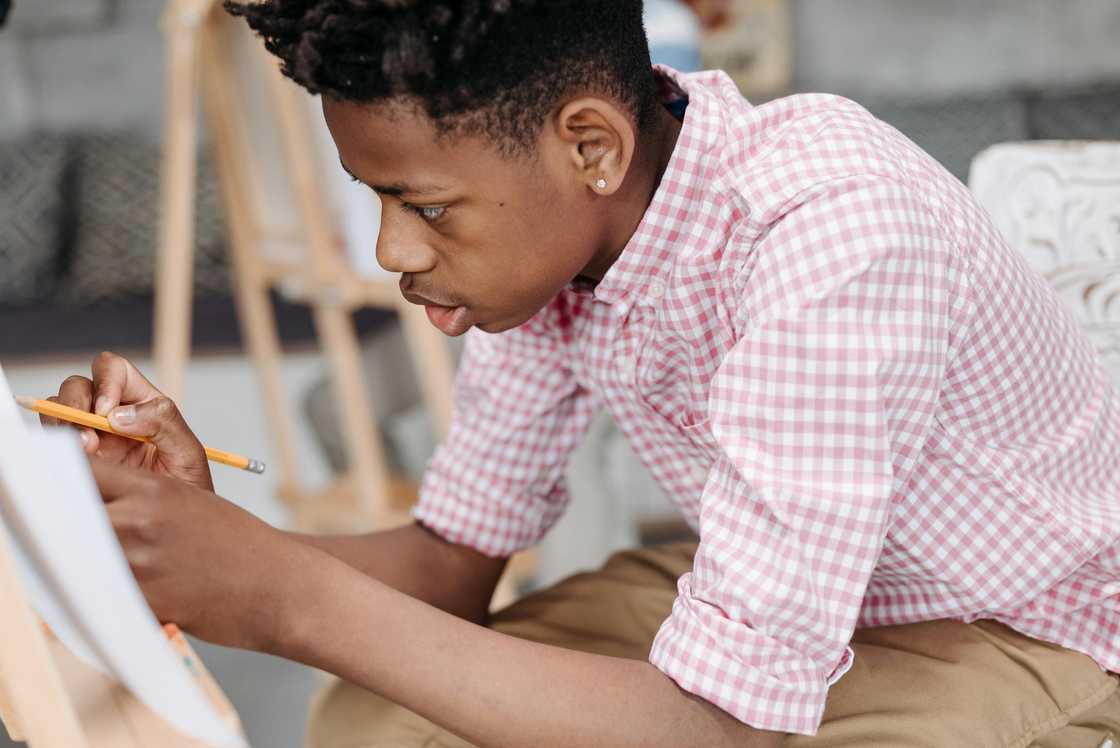
Source: UGC
He tried football try-outs one afternoon. He missed a simple pass, and a group laughed without shame. He pretended to tie his shoe, and I sat beside him. “Maybe I should push harder,” he said. I told him, “You should not lose yourself to fit in.”
We stayed close through sixth form and university holidays. After graduation, I moved to another city for a media job. Daniel stayed home to build his portfolio and work part-time.
We still traded calls and photos. He met someone early that year and sounded hopeful. “Things are finally improving,” he said, and I believed him.

Source: UGC
I never expected the next quiet room to hold news of his death instead of plans for a visit.
The news arrived early in the morning. My phone rang, and my mother sounded tight with panic. “Mia,” she said, “you need to sit down.”
I sat upright because fear tightened in my chest. She told me that Daniel died in a car accident during the night. The words felt unreal and painfully final.
I sat on my kitchen floor after the call. The fridge hummed as if the world had not changed. My hands shook while I tried to breathe.
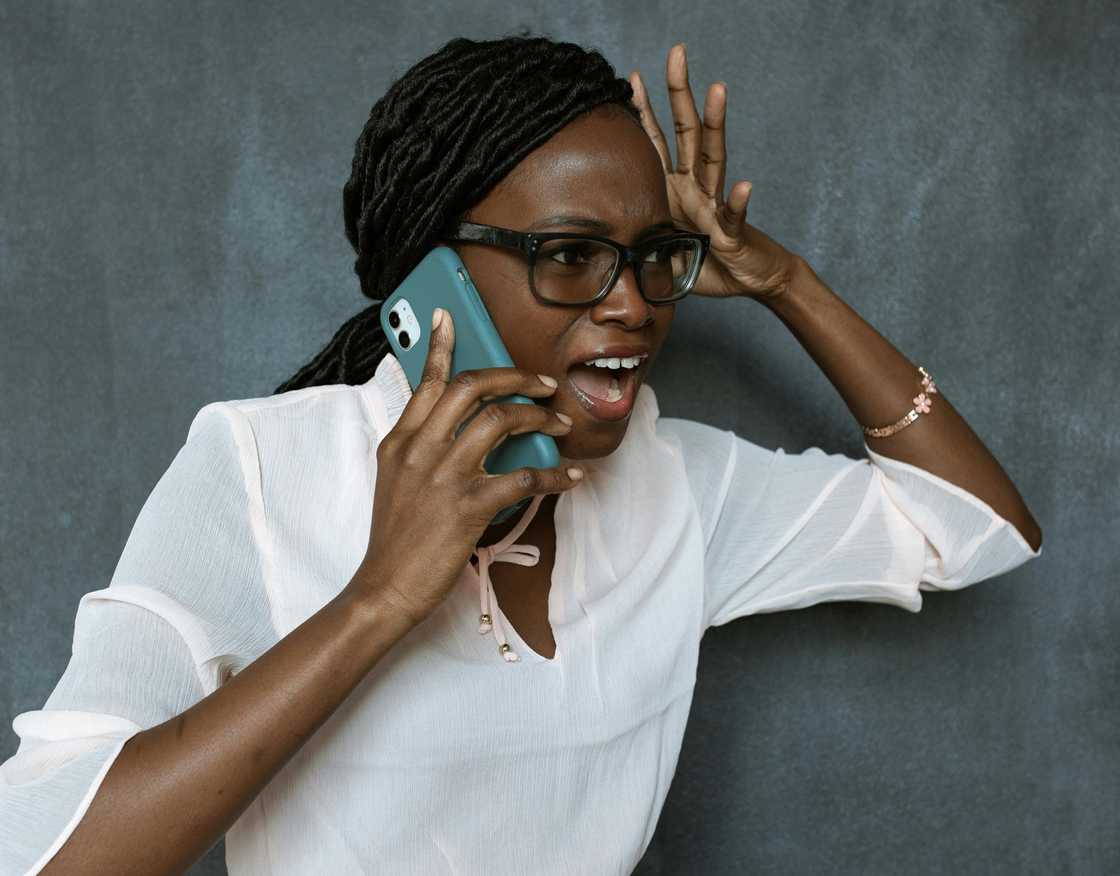
Source: UGC
I opened social media because I expected shock or silence. I assumed people who cared would share memories slowly and thoughtfully. Instead, I entered noise.
Within hours, dozens of posts appeared. Long paragraphs described deep emotional bonds with Daniel. Some called him their “best friend”, “first love”, or “ride-or-die”.
I recognised many names. Some had bullied him in school. Others ignored messages when he needed reassurance.
One girl wrote that Daniel once told her she inspired him to keep going. I remembered Daniel eating alone in the cafeteria most days. I never saw her speak to him.
A college classmate wrote that Daniel was “the rare light that guided us”.
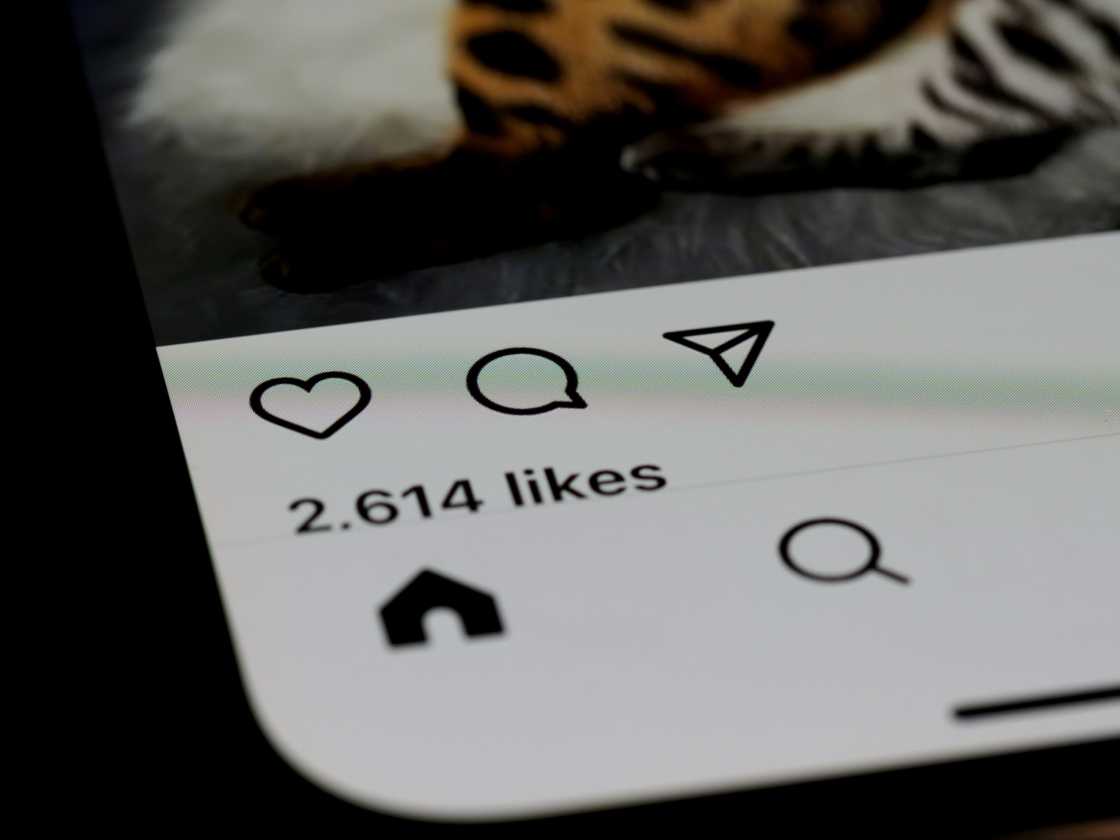
Source: UGC
She did not respond to several messages Daniel sent during a particularly lonely period in college.I stared at the post because the dishonesty stung deeply.
People shared awkward photos from his teenage years. His tired eyes and stiff smile showed discomfort. They wrote supportive captions even though I knew they joked behind his back.
One boy asked people to share his tribute “to honour Daniel’s memory”. The request sat in my stomach like sour food. It looked more like promotion than grief.
I typed comments because I felt angry. I deleted them because my words sounded harsh and unsteady. I realised I was grieving while scrolling through performances of grief.
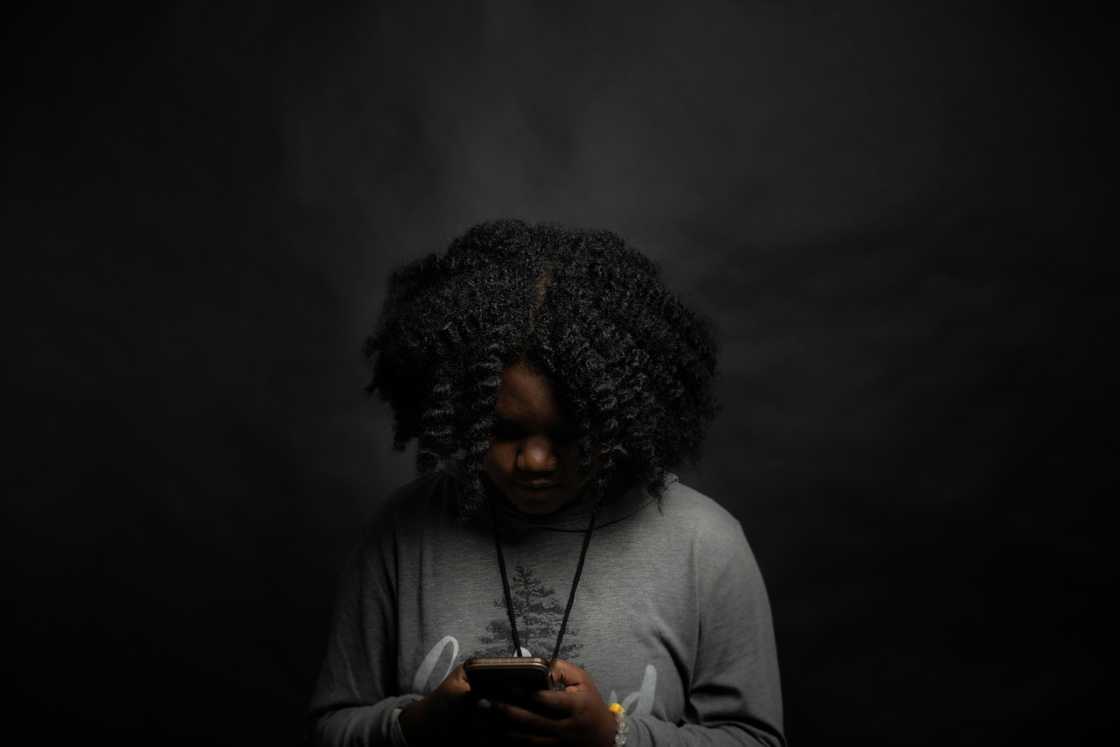
Source: UGC
The sound of passing traffic seeped through my window. It created a steady hum that contrasted the chaos on my screen. I rubbed my forehead and tried to calm my thoughts.
Eva called that evening. Her voice carried exhaustion and strain. “We need to talk,” she said.
“Video call?” I asked. “Yes,” she answered quietly.
When the screen connected, her eyes were red. Her hair was pulled back hastily, and she looked drained. She held up her phone.
“I need to show you something,” she said.
She scrolled through several screenshots. They showed fake conversations from people who mocked Daniel for years. Time stamps did not even align with real events.
“People are inventing chats,” Eva whispered. Her voice trembled with anger. “He tried to reach them in real life, and they ignored him.”
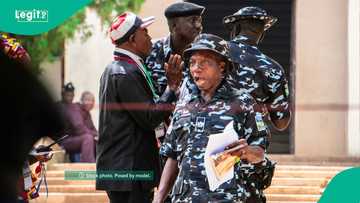
Read also
‘I lost consciousness after he injected me’: Student alleges sexual assault by hospital worker
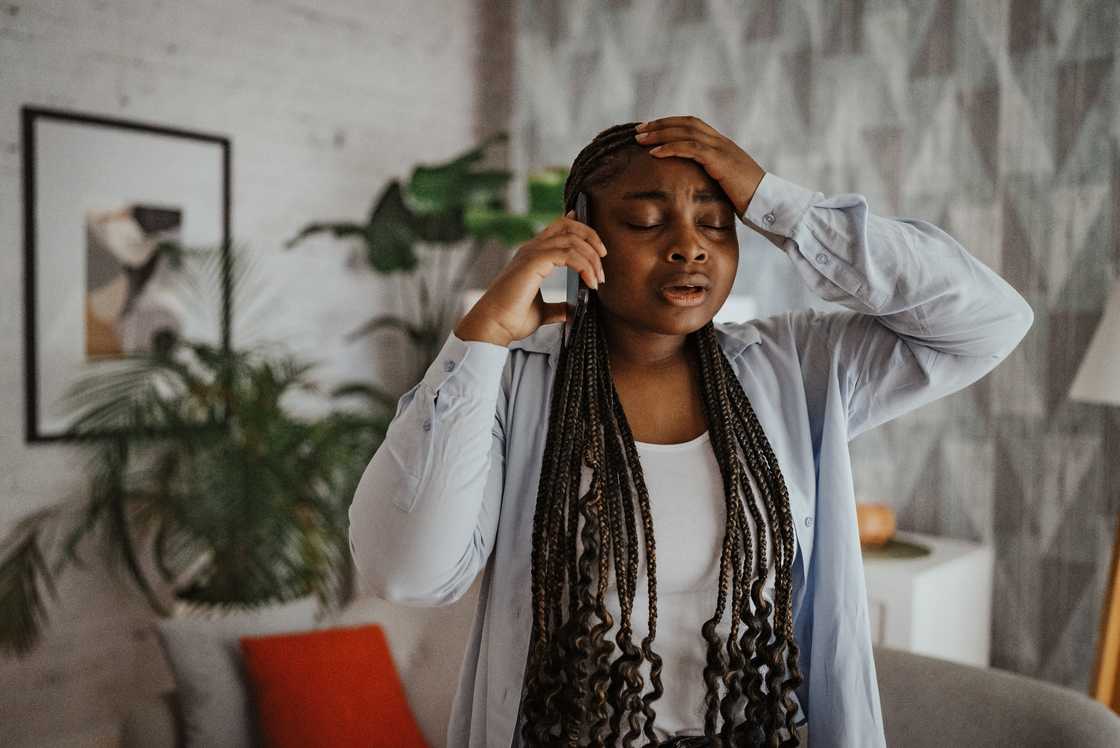
Source: Getty Images
My throat tightened because I remembered Daniel’s late-night calls. “I feel invisible,” he once said. “No one sees me even when I speak.”
I told him that good people would arrive in time. The memory now felt painfully hollow.
“What do we do?” I asked. Eva wiped her cheeks and steadied her voice. “We speak.”
We decided to write one statement instead of chasing every untruth. Eva opened the family account while I watched her type. We approved the final version together before she pressed “post”.
The post spread quickly through local networks. Reposts and screenshots appeared within minutes. My phone refreshed faster than I could read.

Source: Getty Images
The statement was short and direct. “Daniel didn’t need fans. He needed friends. If you weren’t there when he was alive, please don’t use his death for likes.” Eva typed with clarity, not cruelty, and the truth gave it power.
Reactions came in waves. Some defended their posts loudly and claimed private relationships. Others removed their tributes without a single explanation.
One boy from sixth form deleted his entire profile. Another wrote that he planned to “reflect privately on his behaviour”. I suspected embarrassment rather than reflection, but silence was better than performance.
Messages reached me directly. “Was the post about me?” one person asked. Some apologised without excuses. Others defended themselves with weak explanations.
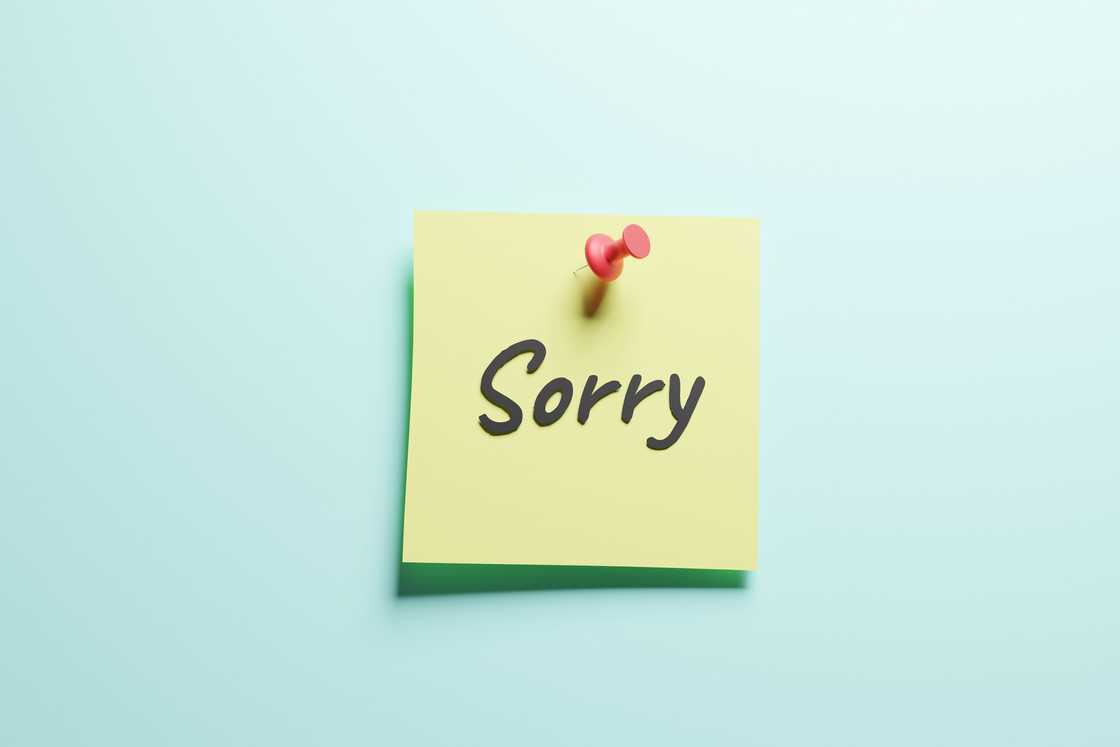
Source: Getty Images
One message read, “Daniel knew I cared, deep down.” I closed my eyes because Daniel waited years for that care in real life. The message missed the truth completely.
I placed my phone face-down on my bed. Rain tapped against the window and created a soft, steady rhythm. Real grief moved slowly and quietly, not at the pace of notifications.
Eva called again later. She sounded calmer, relieved that the truth reached the right people. Reporters requested interviews, but the family refused.
They wanted respect, not attention. For the first time that day, I breathed without pain. The noise began to fade, and Daniel returned to those who truly knew him.
The online storm lasted two days. Social media attention moved quickly. My feed returned to ordinary posts without hesitation.
Eva messaged a week later. “We want to do something real,” she wrote. She asked if I could travel home.
I packed a small bag and caught a train.
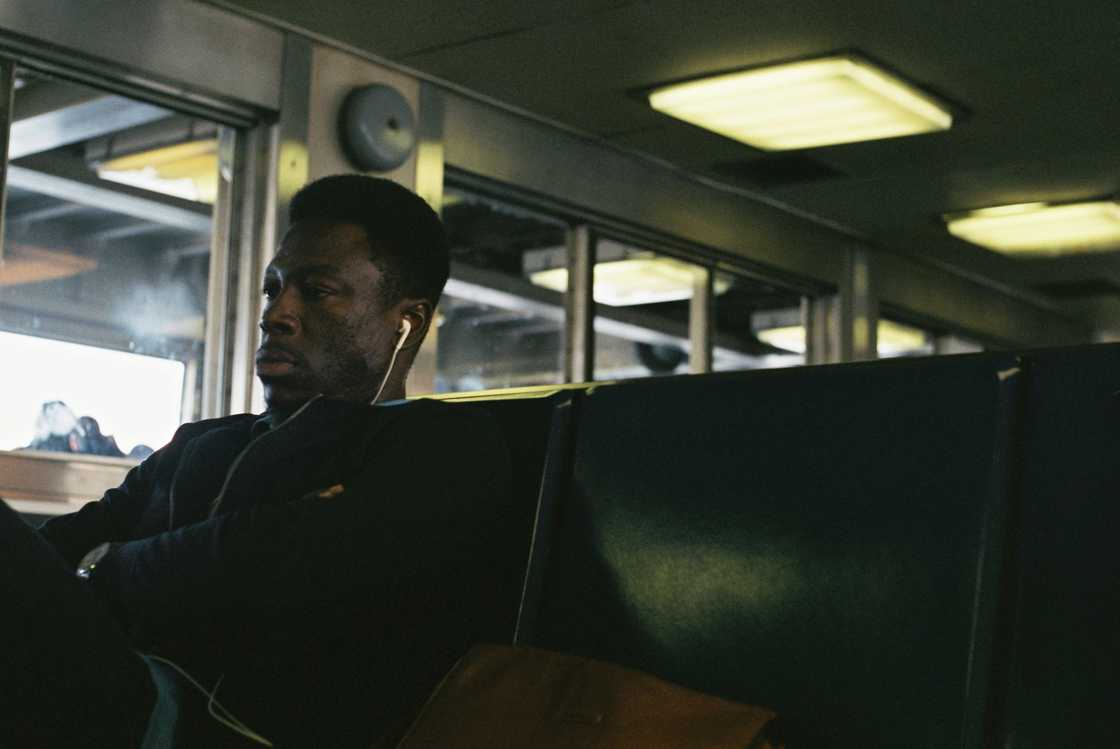
Source: Getty Images
The countryside passed in muted colours through the rain-speckled window. I needed the calm view to settle my thoughts.
I walked through Daniel’s favourite park when I arrived. Rain from the night before left the soil damp and fragrant. Leaves stuck to my shoes while birds sang above me.
Eva and her parents stood near the centre clearing. They greeted me with tired but genuine warmth. A small sapling waited beside a prepared hole.
“We want something real and quiet,” Eva said. I nodded because the idea made perfect sense.
We lifted the young tree together. The bark felt cool and textured under my palms. The breeze rustled leaves overhead like a soft whisper.
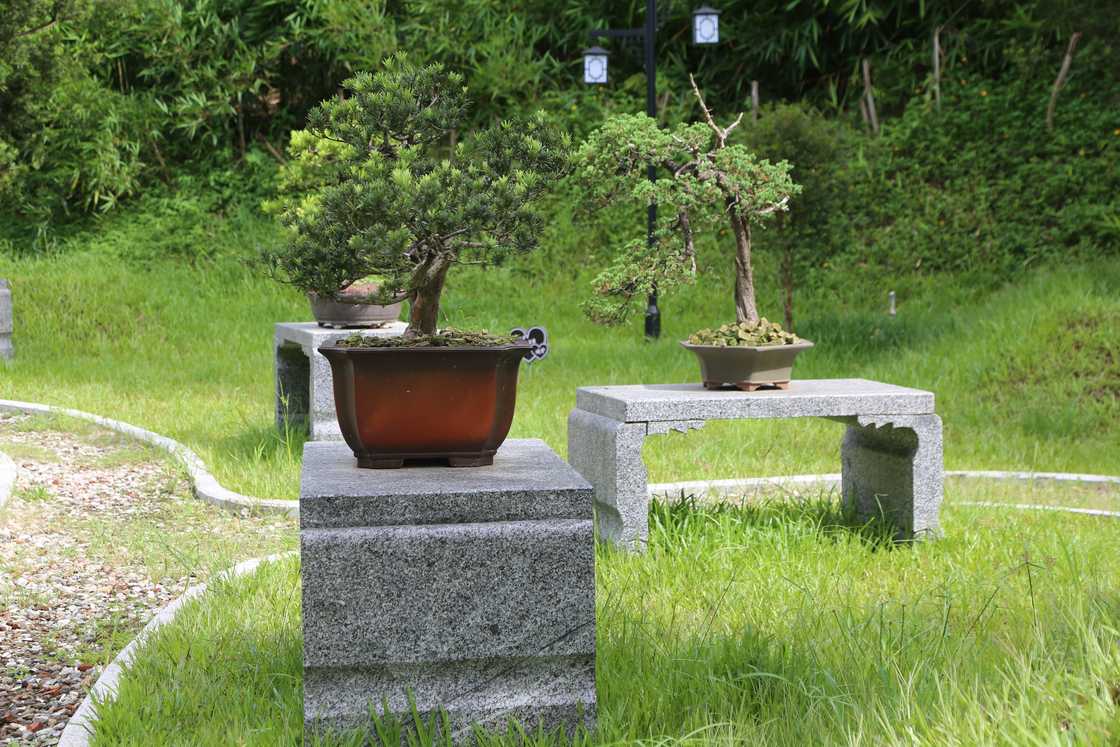
Source: Getty Images
We lowered the tree and pressed soil around the roots. No cameras clicked. No phones hovered.
This moment belonged only to Daniel. No captions. No likes.
Eva’s mother placed a small wooden plaque in the soil. It carried one word: “Daniel.” The simplicity matched him more than any online tribute.
I closed my eyes. I pictured Daniel standing beside us with his shy half-smile. The image softened the pain because it reminded me he lived beyond digital noise.
I decided to step away from social media. I disabled notifications and removed several apps. Real mourning needed space, not an audience.
I walked home through the gentle sound of the wind in the trees. It felt like the world finally slowed down enough for grief to breathe.

Source: Getty Images
Time helped me understand something meaningful. Grief does not need witness numbers or public approval. Love does not require a digital gallery.
Daniel spent years wanting a real connection. He never needed emotional essays from people who ignored him during routine days. He needed friends who answered the phone and walked through parks with him.
The social media tributes felt hollow because they celebrated a pretend relationship. I wondered whether these people meant well or simply wanted to appear compassionate. The effect, regardless of intention, turned his death into a backdrop for emotional performance.
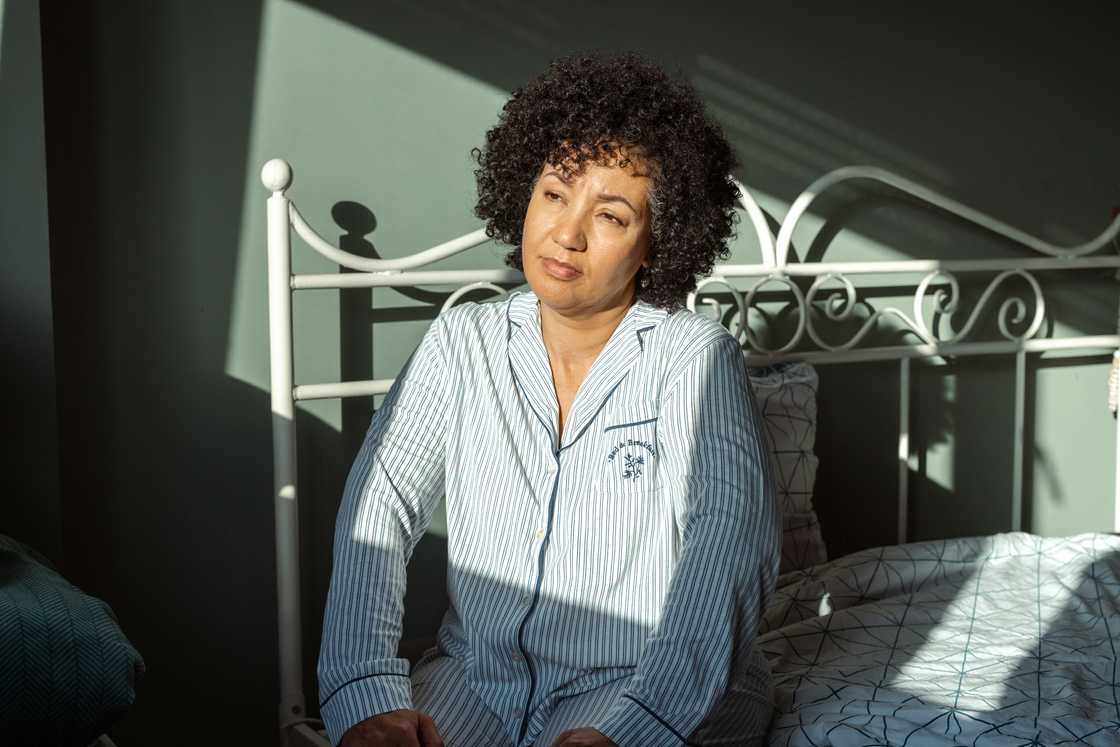
Source: Getty Images
We live in a culture that rewards visibility even in grief. People sometimes race to express sadness publicly before they have processed loss privately. They forget that silence can hold truth without spectacle.

Read also
Regina Daniels sends digs to Ned Nwoko, celebrates massive love from public: “Jokes on you”
Real friendship continues after the funeral and after the hashtags fade. It exists in trees planted quietly and soil pressed down with bare hands. I still think about Daniel often, especially during quiet mornings.
The ache remains, but it feels softer now, shaped by the small memorial we created. The tree reminds me that some things grow quietly and honestly, even after loss.
And it leaves me with one question: when our time comes, will we be remembered by the loudest voices or by the few who truly knew us?
This story is inspired by the real experiences of our readers. We believe that every story carries a lesson that can bring light to others. To protect everyone’s privacy, our editors may change names, locations, and certain details while keeping the heart of the story true. Images are for illustration only. If you’d like to share your own experience, please contact us via email.
Source: Legit.ng







